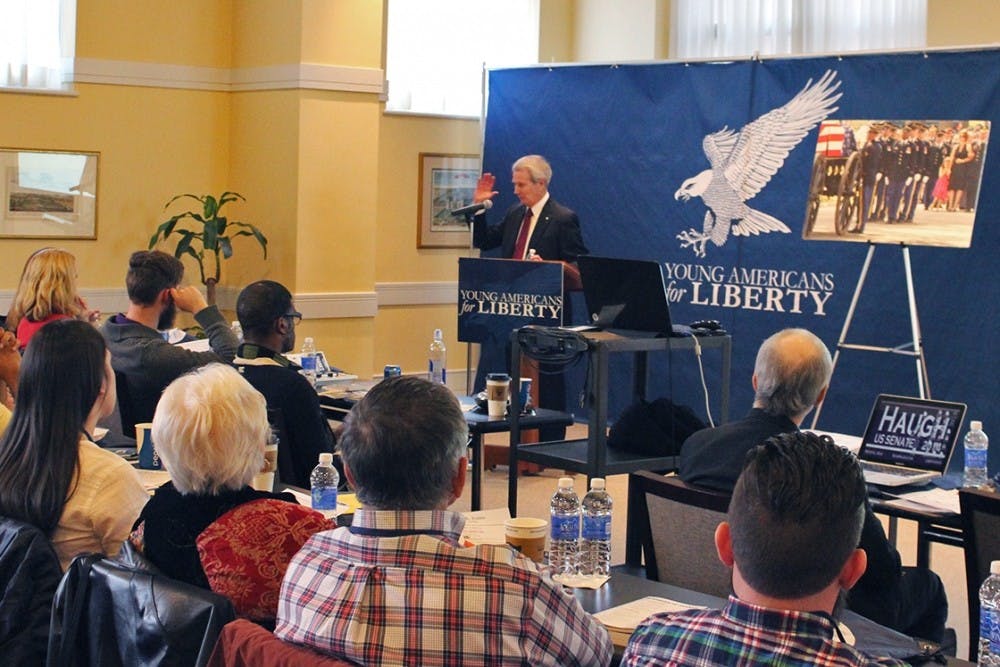U.S. Rep. Mark Meadows, R-N.C., and U.S. Rep. Walter Jones, R-N.C., removed their names from a brief to the U.S. Supreme Court last week after mistakenly supporting a pledge to end politically-motivated gerrymandering.
Allison Tucker, Jones’ communications director, said the congress person’s name was added to the brief due to a misunderstanding.
The brief now includes signatures from 34 current and former representatives from across the country pledging to support actions to eliminate partisan gerrymandering in the formation of legislative and congressional districts.
“Amici are united in the belief that removing the most extreme forms of partisan manipulation from the legislative redistricting process is consistent with principled and constituent-first representation,” the brief said.
Among the brief's signatories is David Price, D-N.C., who said in a press release that politically-motivated gerrymandering has systematically stifled the democratic process.
“It is time we put an end to a system where politicians have the ability to cherry pick their voters,” the release said. “My home state of North Carolina has been ground-zero for hyper-partisan gerrymandering, and I am proud to add my voice to this effort.”
Ferrel Guillory, a UNC journalism professor who focuses on the relation between politics and the media, said the issue is not that Republicans are drawing districts to maintain their majority — it’s the way they’re doing it.
“Redistricting has to take place because the population is always growing and changing,” he said. “At issue here is the extent to which Republicans have drawn districts in order to remain in the majority.”
Thomas Carsey, a UNC political science professor focusing on political representation, said the controversy surrounding North Carolina district maps could have played a role in the legislators' decisions not to support the brief.




